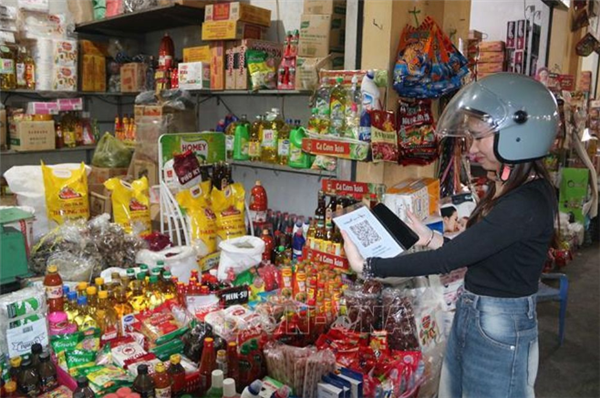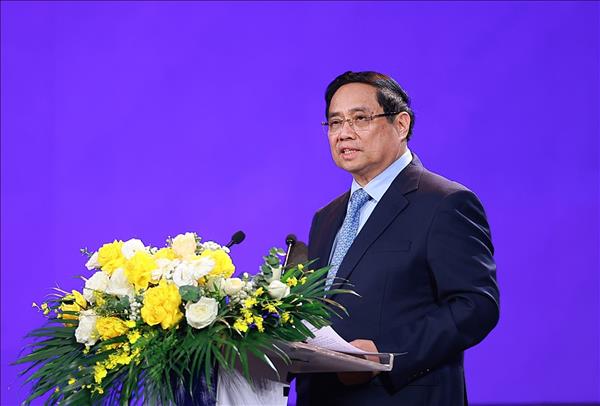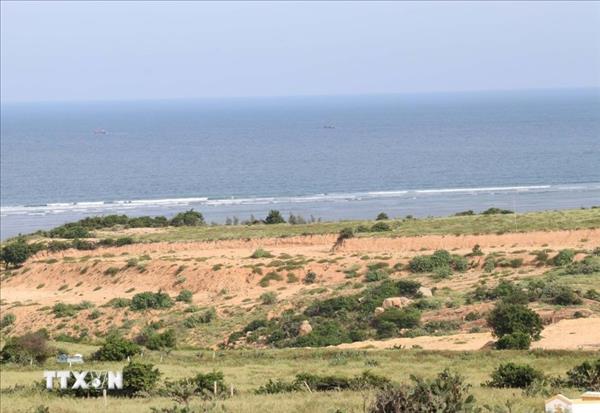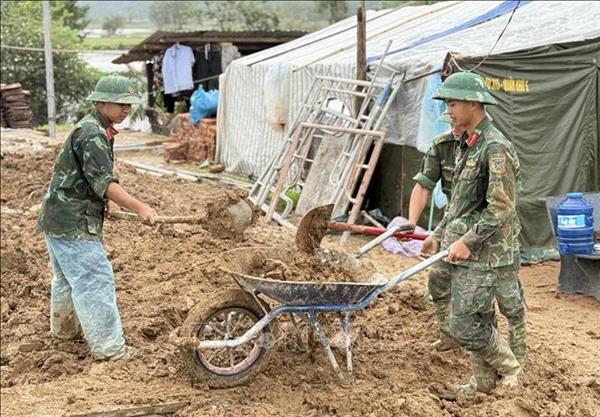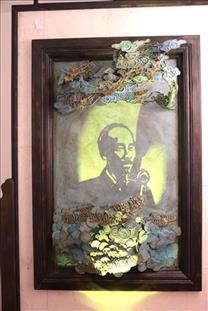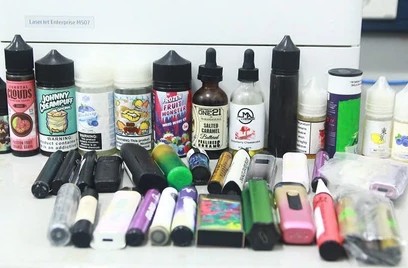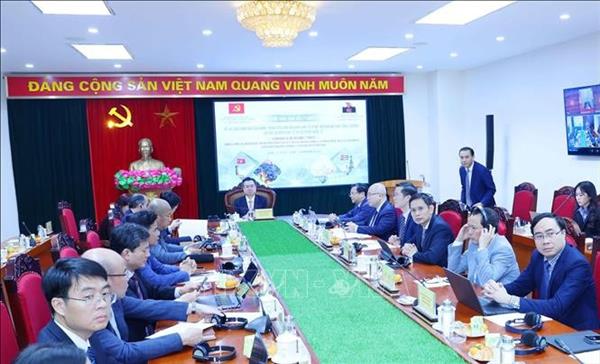For many years, Hanoi has focused on solutions to promote the transfer of science and technology to farmers.
However, to make science and technology the leverage for sustainable agricultural development, more supportive mechanisms and policies are needed, as well as the participation of the authorities.
Thanks to the application of science and technology in production, Kim Son commune in Gia Lam district has become the capital city’s hub for growing high quality bananas.
“My family grew more than 200 trees of the South African banana variety and earned over 250 million VND (11,000 USD) per year on average,” Nguyen Trong Nghia , a banana farmer, told Ha Noi Moi (New Hanoi) newspaper.
“We were planting bananas as per the VietGAP process, which raised consumption,” said Nghia.
Meanwhile, farmers in Van Thai commune of Ung Hoa district have invested in raising pigs to produce clean and safe pork.
A farm belonging to Nguyen Van Thanh’s family is one example.
His farm is located on an area of 150,000 sq.m, raising 30,000 pigs in a closed and modern barn system.
Every year, his family earns about 200 billion VND (8.6 million USD).
According to the president of Ung Hoa district’s Farmers’ Association, Pham Van Hoach, the association has guided, trained, and transferred technology and techniques to hundreds of local farmers.
Ung Hoa district has 51 agricultural production establishments applying high technology, bringing high economic efficiency.
To help farmers access and grasp technological advances of the fourth industrial revolution and master some new technologies, in 2020, the Hanoi Farmers’ Association coordinated with agencies to organise more than 1,800 scientific and technical training seminars for 188,126 farmers, members of the cooperative and agricultural technicians.
The results achieved were remarkable.
“The application of science and technology increased added value in agricultural production by 30 percent,” said Ta Van Tuong, vice director of the Hanoi Agriculture and Rural Development Department.
“Hanoi formed several high-tech agricultural models with revenue from 50 billion VND to hundreds of billions of đồng,” he said.
In particular, the application of biotechnology in seedling production has brought about a positive effect.
Every year, the city supplies more than 100 million poultry to the market, excluding other breeds of livestock and seedling plants, he added.
According to Duong Thi Hang, vice president of the Hanoi Farmers’ Association, in the 2015-2020 period, there were 3,200 farming households in Hanoi achieving the title of good producers and businesspeople thanks to the application of science and technology.
However, Hang said that the number of farmers in the city who have the ability to access or master science and technology had not yet met expectations.
This limitation was because the supporting mechanisms as well as the facilitation for farmers to access science and technology including training programmes had not yet met the real demand, Hang said.
In order to improve farmers' access to science and technology, Thuong Tin district would select appropriate models and integrate them into agricultural vocational training programmes as well as support farmers to build hi-tech production establishments, according to Thuong Tin district’s vice chairman Bui Cong Tin.
Meanwhile, vice chairman of Ung Hoa district Tien Hoang said the local authority will link with businesses to build high-tech agricultural models which would be venues for directly guiding and supporting farmers in science and technology.
The district would guide and support farmers to promote the application of information technology, proactively create production chains and marketing channels online, Hoang said.
Hoach, president of Ung Hoa district’s Farmers’ Association, suggested that the city should study and create a mechanism to build farmer support centres in each commune and township.
In addition to the application of information technology in production, it was necessary to guide farmers to access and expand consumption markets, Hoach said.
However, in order for science and technology to reach farmers, first of all, farmers needed to promote autonomy and self-learning.
In the future, the Hanoi Agriculture and Rural Development Department will also coordinate with Farmers' Associations and localities to integrate vocational training and science and technology transfer programmes to farmers through many forms such as building agricultural extension models, organising production and branding conferences and seminars.
“To have a modern agriculture sector, farmers must have mastery of science and technology. Bringing science and technology to farmers would help Hanoi’s agriculture production to thrive,” said Tuong./
VNA/VNP

